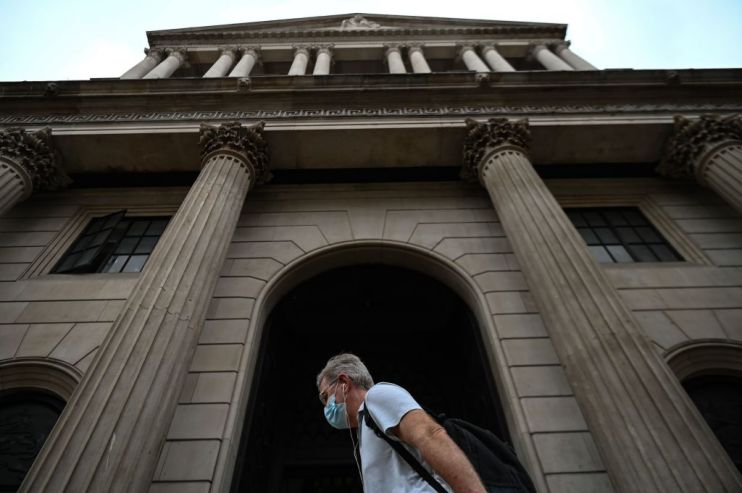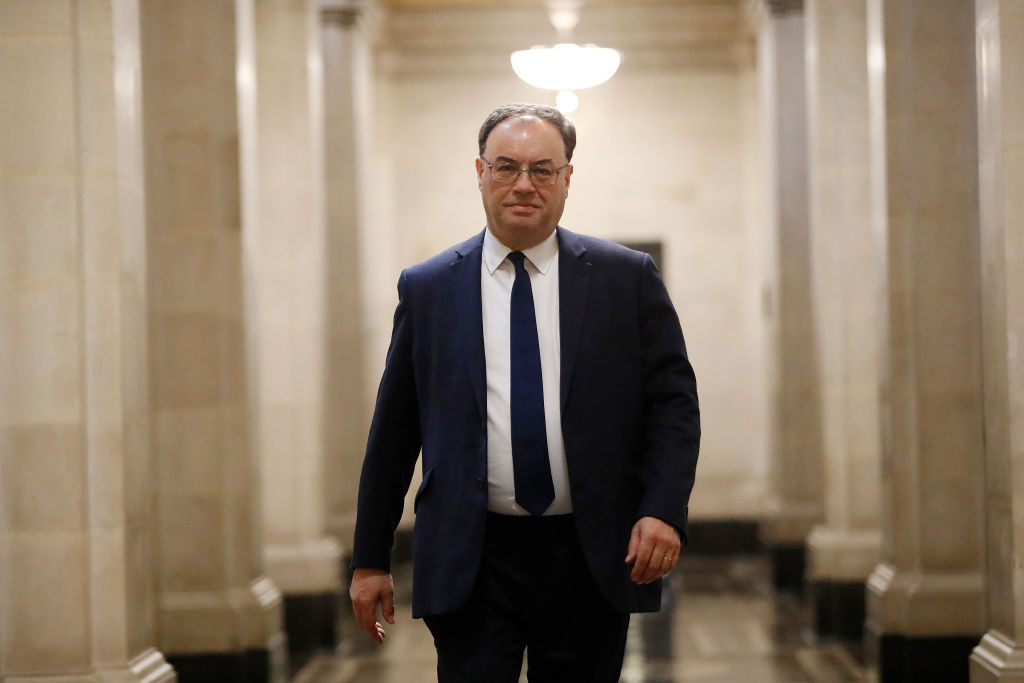Bank of England’s use of fast data under fire after weak GDP figures

The Bank of England’s “reliance” on fast payments data that fed into upbeat predictions has come under fire after figures showed the UK economy performed much worse than expected in August.
The Bank has repeatedly referred to data from its Chaps payment system, which reflects sales companies make through card purchases, during the coronavirus pandemic. Yet it does not publicly release the figures.
Andy Haldane, the BoE’s chief economist, cited Chaps data in June and said there had “so far” been a V-shaped recovery.
In August, the Bank’s monetary policy report was more optimistic about the rebound than most other forecasters. And last week, Haldane said that consumer spending “now stands at around pre-Covid levels”.
Yet Office for National Statistics (ONS) figures today showed that the economy grew just 2.1 per cent in August.
It was far below analysts’ expectations of a 4.6 per cent expansion and the 6.4 per cent growth seen in July.
Bank criticised for not publishing Chaps data
“There’s certainly an issue with the Chaps data that the Bank relies on,” said Andrew Goodwin, chief UK economist at Oxford Economics.
“We’re very concerned about how much weight they’re putting on this,” he said.
“The ONS data, which is seen as the gold standard for economic data, is telling us a completely different story.”
Samuel Tombs, chief UK economist at Pantheon Macroeconomics, said the data “has to now be seriously down-weighted as a reliable source of information”.
Economists pointed out that there has been a big shift away from cash towards card spending. This could mean Chaps and other high-frequency data monitoring cards were “overstating” the recovery in consumer spending, they said.
And Tombs said that because the Bank had not released the raw data or methodology, “it’s hard to really critique it”.
The Bank of England has been contacted for comment.

Growth to fall short of Bank’s prediction
Simon French, chief economist at Panmure Gordon, said the Bank had “been over-interpreting” the “sustainability” of the recovery.
He said Haldane’s analysis was always valuable, however. “It is always useful to have a counter view,” he said.
Yet he said Haldane’s comments should be looked at in tandem with the BoE’s relatively upbeat August economic forecasts. “Taken together, that’s a problem for the Bank,” he said.
The BoE predicted that the UK economy would grow by 18 per cent in the third quarter. It contracted 20 per cent in the second.
Tombs said the prediction “simply seems implausible now”. He said it would take “an extraordinary ten per cent jump in GDP month on month in September”.
However, economists cautioned that the August figures could be heavily revised, given the difficulties caused by the coronavirus pandemic.
Ruth Gregory, senior UK economist at Capital Economics, said she thought the Bank would act as growth slowed. She said it is likely expand quantitative easing by £250bn by the end of next year.